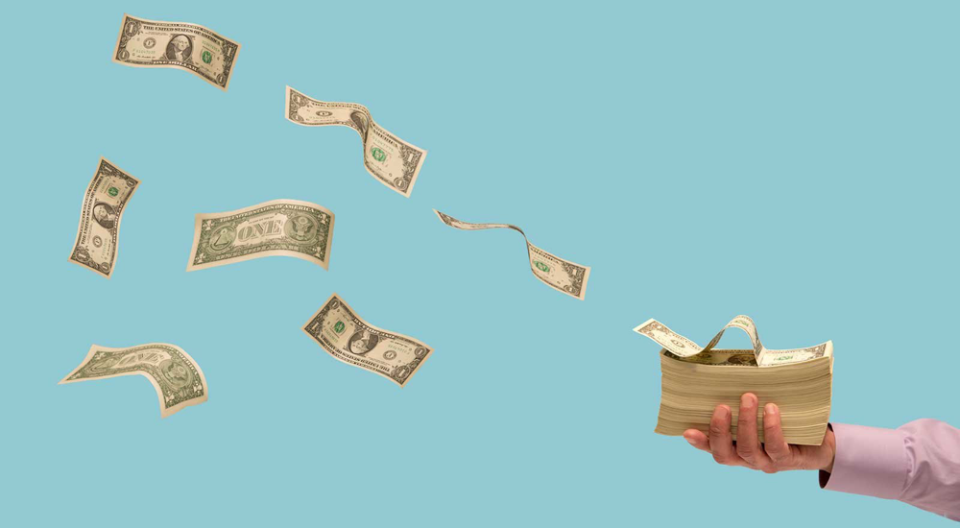Don’t look now – you are almost certainly poorer than a year ago

I am sorry to kick off the new year with some gloomy news of your finances.
It is never nice to discuss how much money you have lost, but if you are a home owner in Sydney, Melbourne, Perth or Darwin and if you have a superannuation nest egg, the odds are you are less wealthy today than you were a year or two ago.
Here are some uncomfortable facts.
The Australian stock market, where the bulk of your superannuation assets are likely to be invested, has slumped 11 per cent since August, reducing the value of stocks by around $200 billion.
No doubt your superannuation has suffered part of this loss.
At the same time, home owners in Sydney, Melbourne, Perth and Darwin are seeing the value of their homes getting crunched.
Here are some examples.
A house in Sydney that was $1 million in July 2017 is now worth around $890,000, a loss of $110,000 in 18 months.
In Melbourne, a house that was $800,000 in early 2018 has lost around $50,000 in value, to now be worth around $750,000.
In Perth, the situation is more parlous. Prices have dropped 15 per cent since late 2014, meaning that a property that was $600,000 in 2014-15 has lost close to $100,000 in value to be worth just over $500,000.
Ouch!
While those in the most financial pain are those who bought at the top of the market, the effect of falling house prices is very real for all home owners, including those who own investment properties.
Rising house prices underpin extra consumer spending which helps to support the bottom line growth in the economy. This is through a wealth effect which impacts on the economy in a number of different ways.
When householders are wealthier, discretionary savings are lowered, which frees up money to be spent in the broader economy. What is also important is the reduction in the loan to valuation of a property with a mortgage as house prices rise. This not only makes the householder more financial secure, the banks and other lenders are more comfortable with the financial status of the borrowers and they will be able to ramp up lending not only to the existing home owner, but to new potential customers as well.
And when house prices and wealth are declining, as they are now, householders will hunker down with their spending and the banks will be tighter with their credit.
This is the risk to the economy in 2019.
As the loss of wealth filters through to more and more householders, or perhaps when they see the house around the corner not sell for months and when if finally does, the price is a shock, or even when the next superannuation statement comes in showing a sizable fall in the balance, consumers will likely scale back their spending, rebuild savings and be generally cautious in their approach to spending.
This will undermine growth in the economy.
Things could get even more problematic if the stock market remains weak and house prices keep falling through the course of 2019. The wealth losses will be more extreme and the consumer reaction to those losses even greater in terms of the slowing in growth in spending.
The economy and your personal finances are kicking off 2019 on a fragile note. At best the next six months will see the economy muddle along with growth slowing, the unemployment rate ticking up and inflation remaining near record lows.
No disaster, but certainly it is not good news.
The risk is the destruction of wealth will continue and this will see consumers cut their spending to a point where the economy stalls and the unemployment rate starts to climb at a truly worrying rate.
Now read: The 4 global trends one of the world’s leading economists is worried about
Read next: This is how much property prices are set to fall in 2019

 Yahoo Finance
Yahoo Finance 